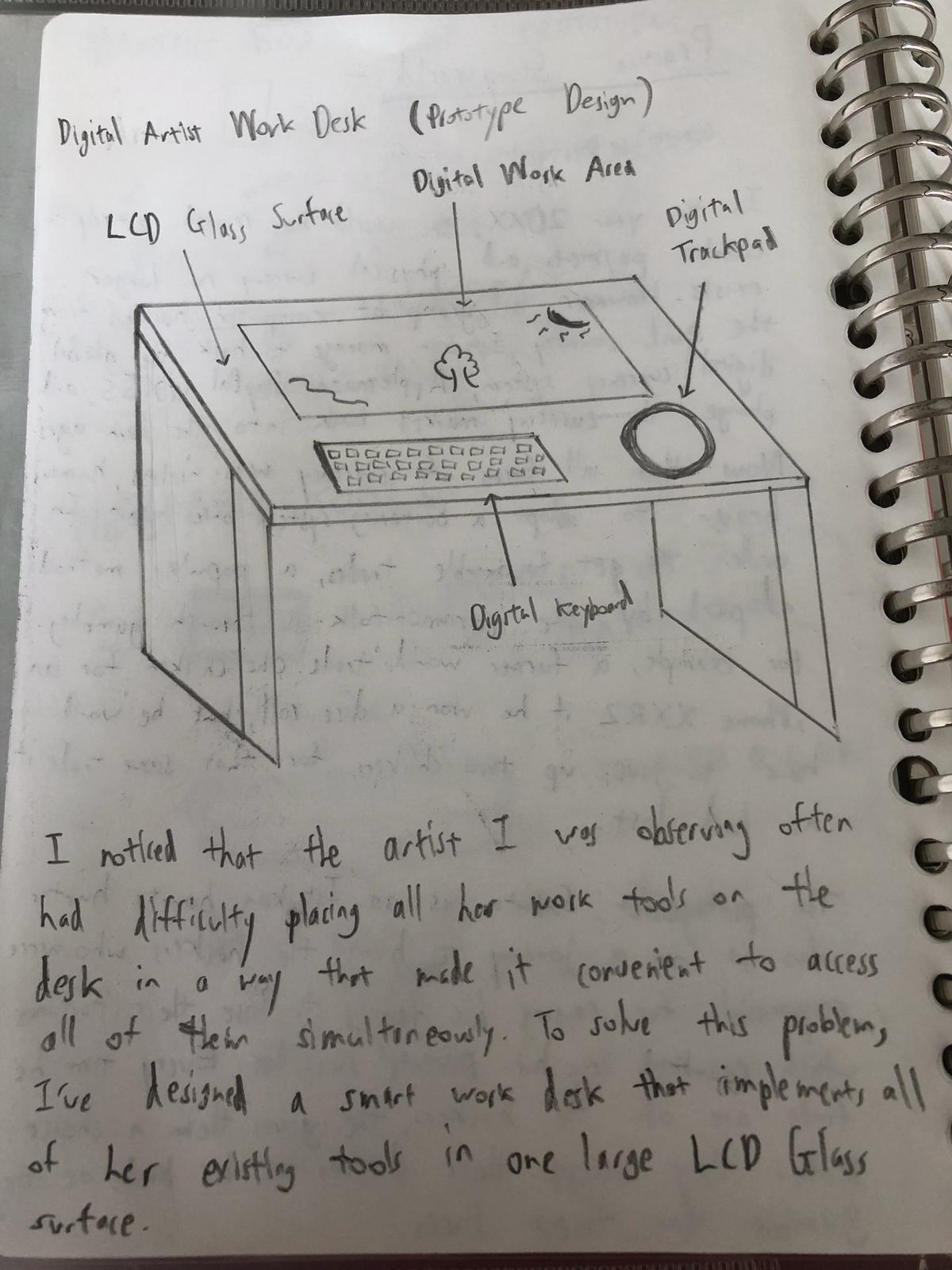I’m combining all my findings (Exploring Practitioners + Cultural Probes) together as they seem to overlap in areas and I don’t want to repeat any information! For my cultural probes, I gave my practitioners a set of questions and tasks to complete, as you will see listed down below.
Practitioner #1: ARTIST
Q: Take photos of your workspace
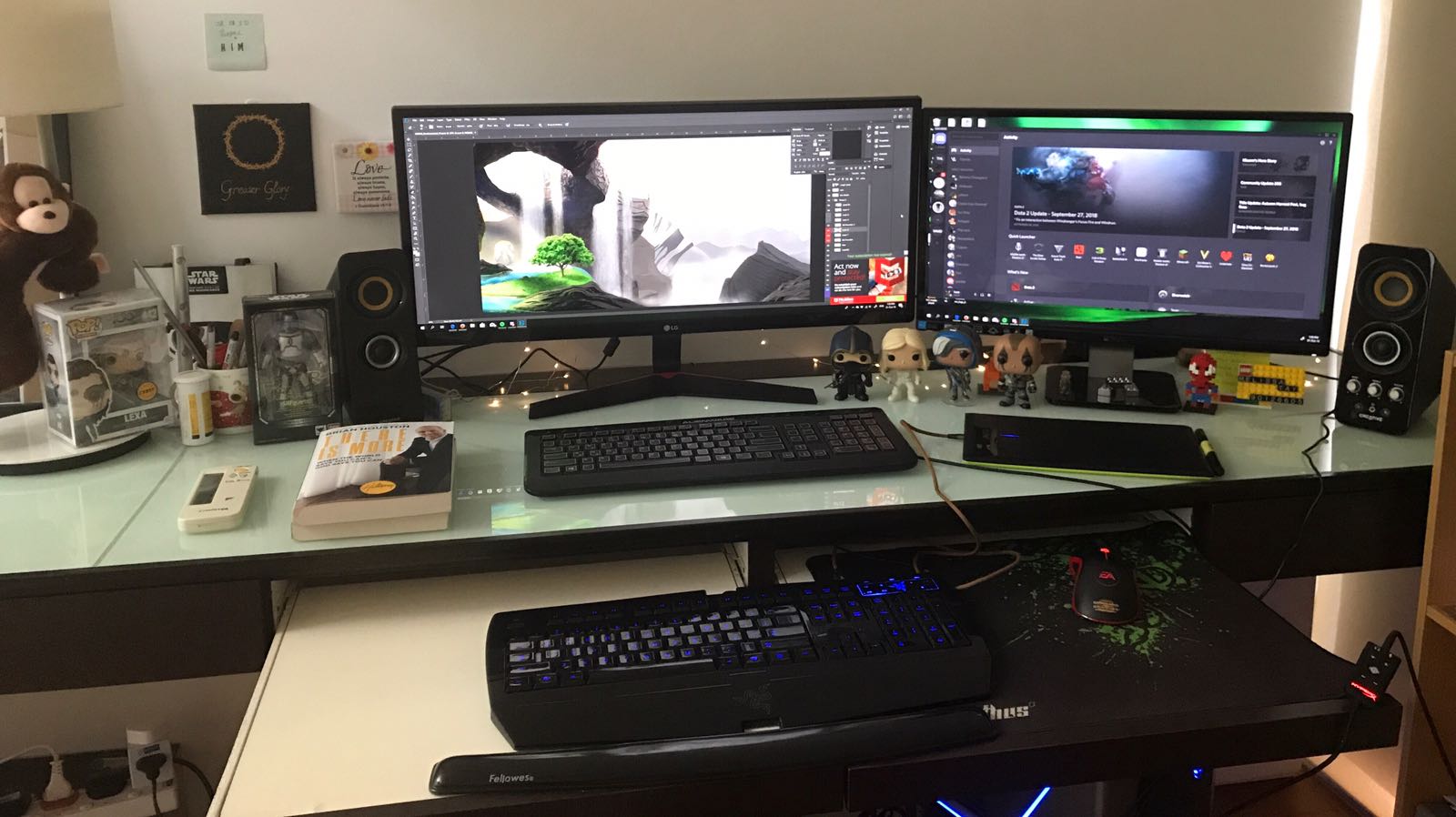
Q: Take photos of your work tools
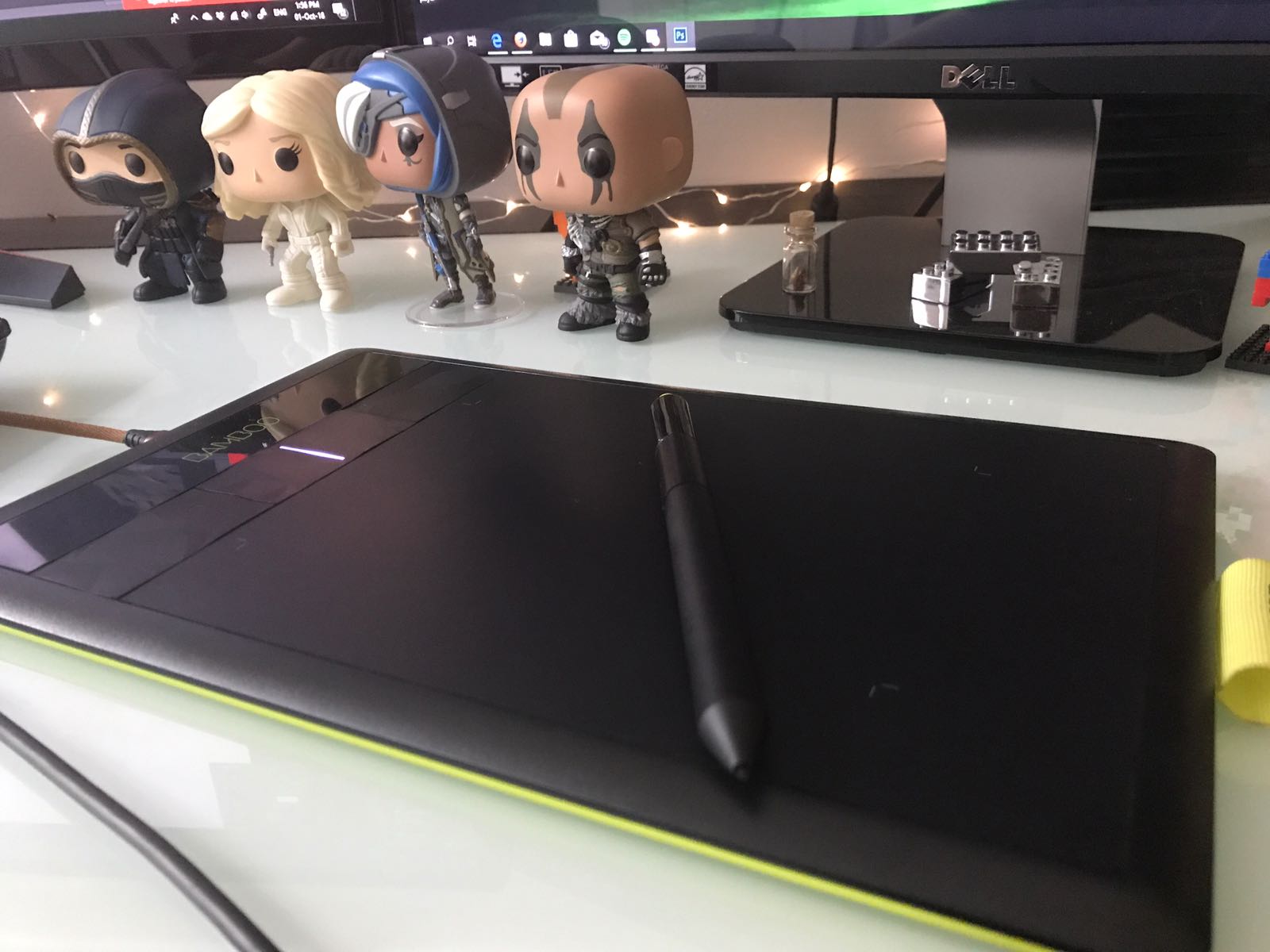
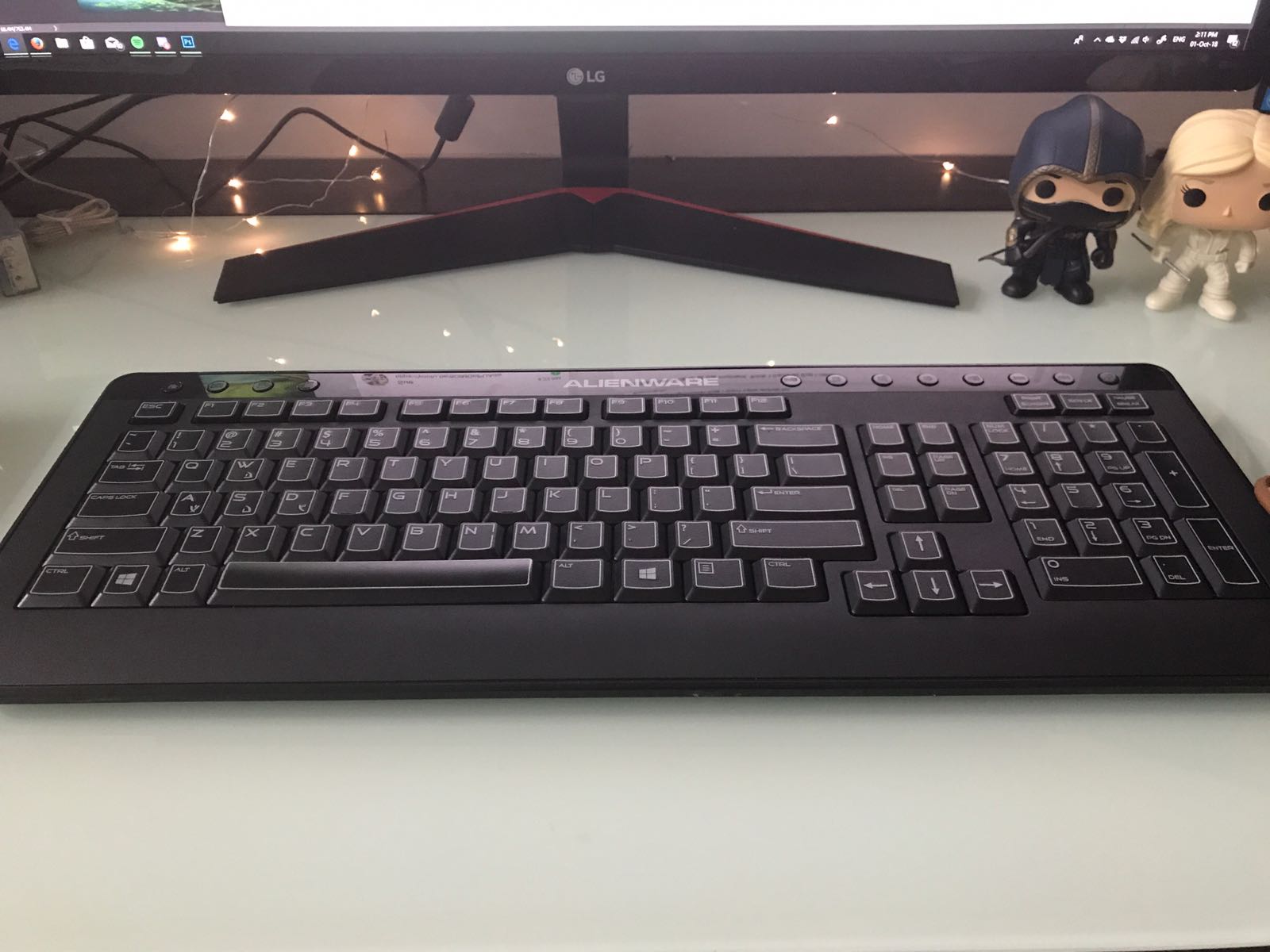
Q: What are your two favourite colours?
– Black and White
Q: Make a sketch using those two colours

Q: Share pictures of some of your favourite art
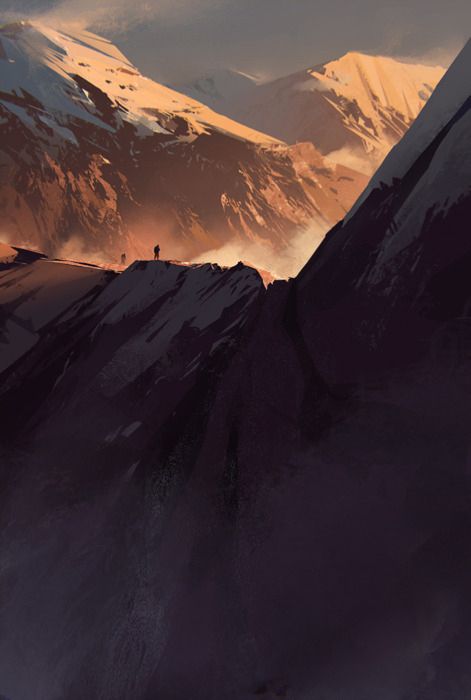


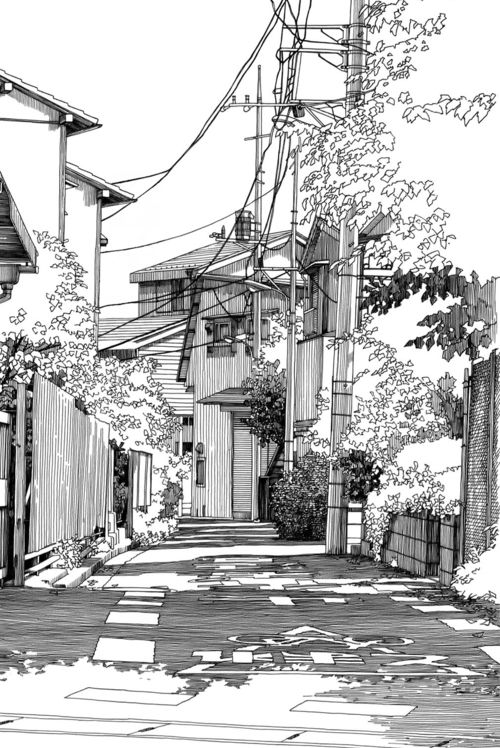
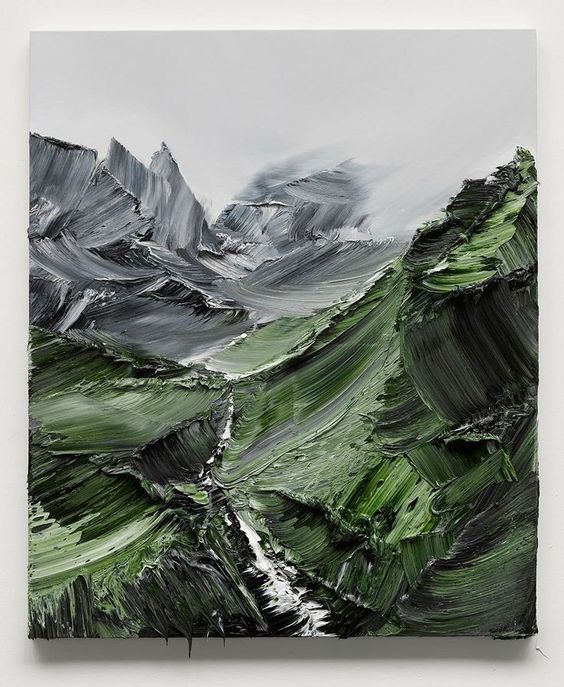
Q: What inspires your art?
– Real life, visions, other works from artists, movies and video games
Q: Create an art piece and share your in-progress photos
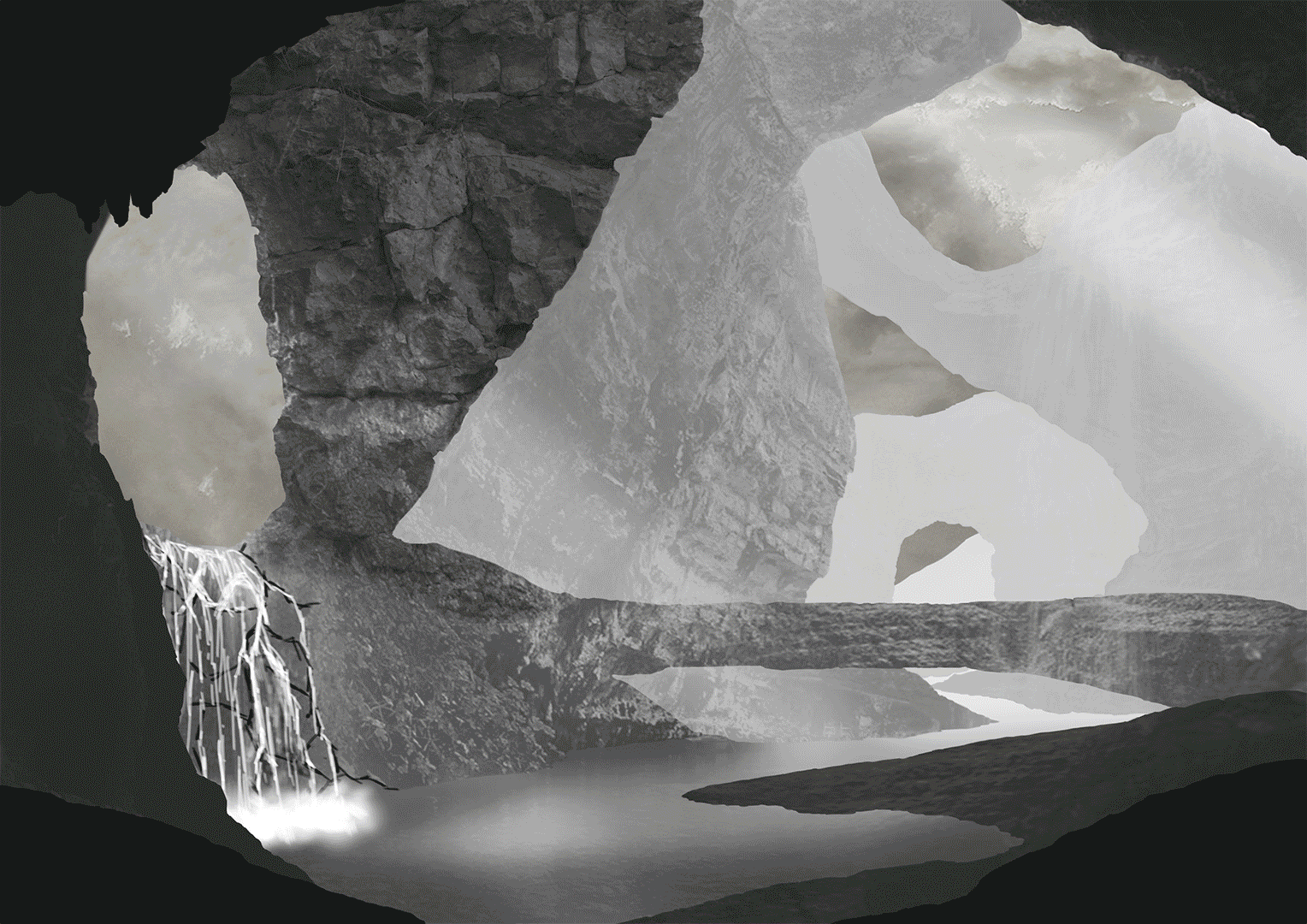
Q: What do you think could improve your art?
– Practice. It’s always about practice.
Q: What hinders your art creation process?
– Lack of inspiration or understanding of how to translate ideas onto paper.
– Not enough research or observation of real life (if i’m creating life-like art).
Q: Why do I create art?
– As a form of expression that I don’t have words for.
– Therapeutic
Practitioner #2: FILM PRODUCER
Q: Take photos of your workspace & work tools
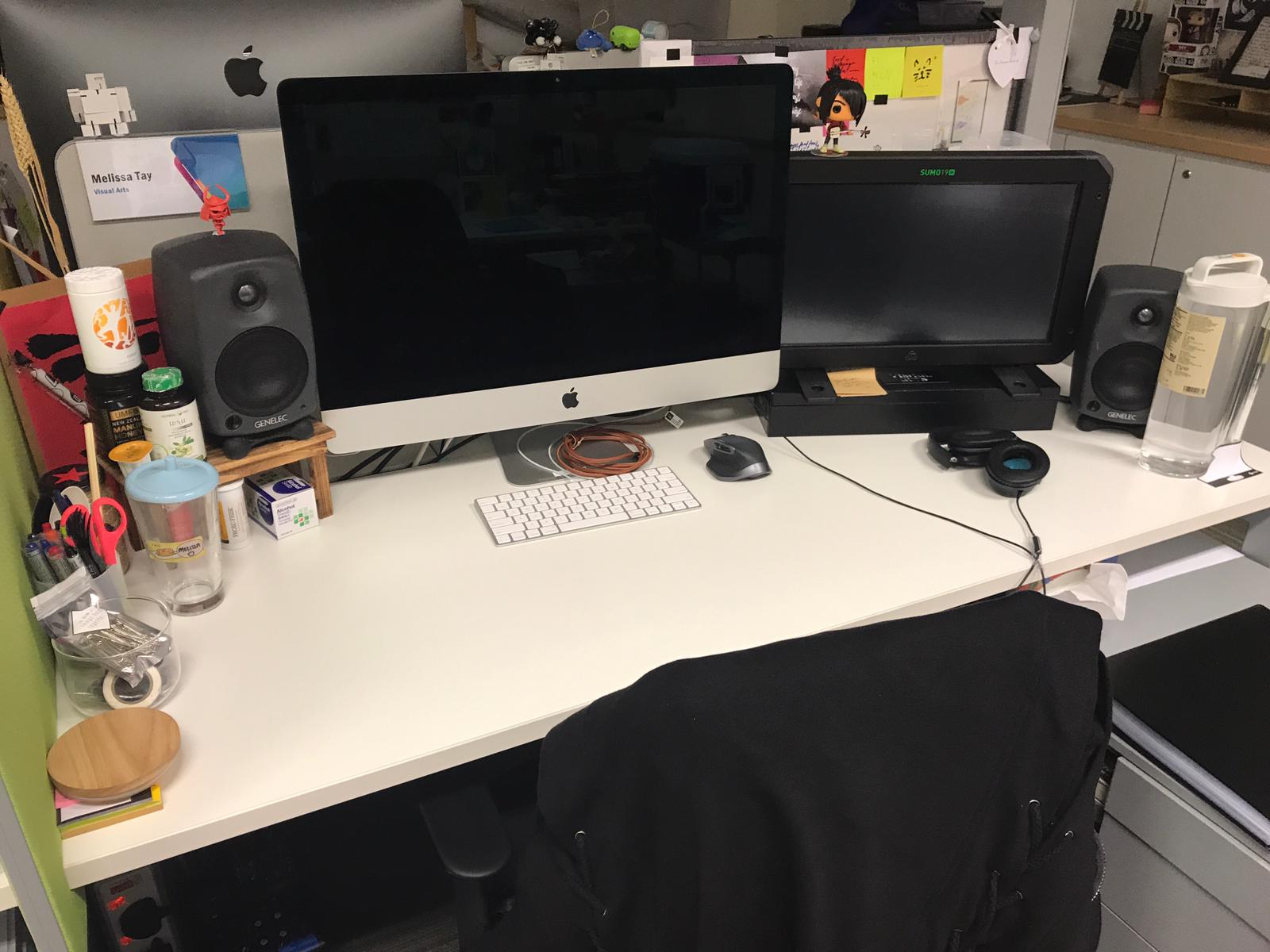
Q: How would you describe your job?
– Purposeful, people matter and creative
Q: Take 1 photo a day of anything that interests you (for a week)
Day 1 (Art work)

Day 2
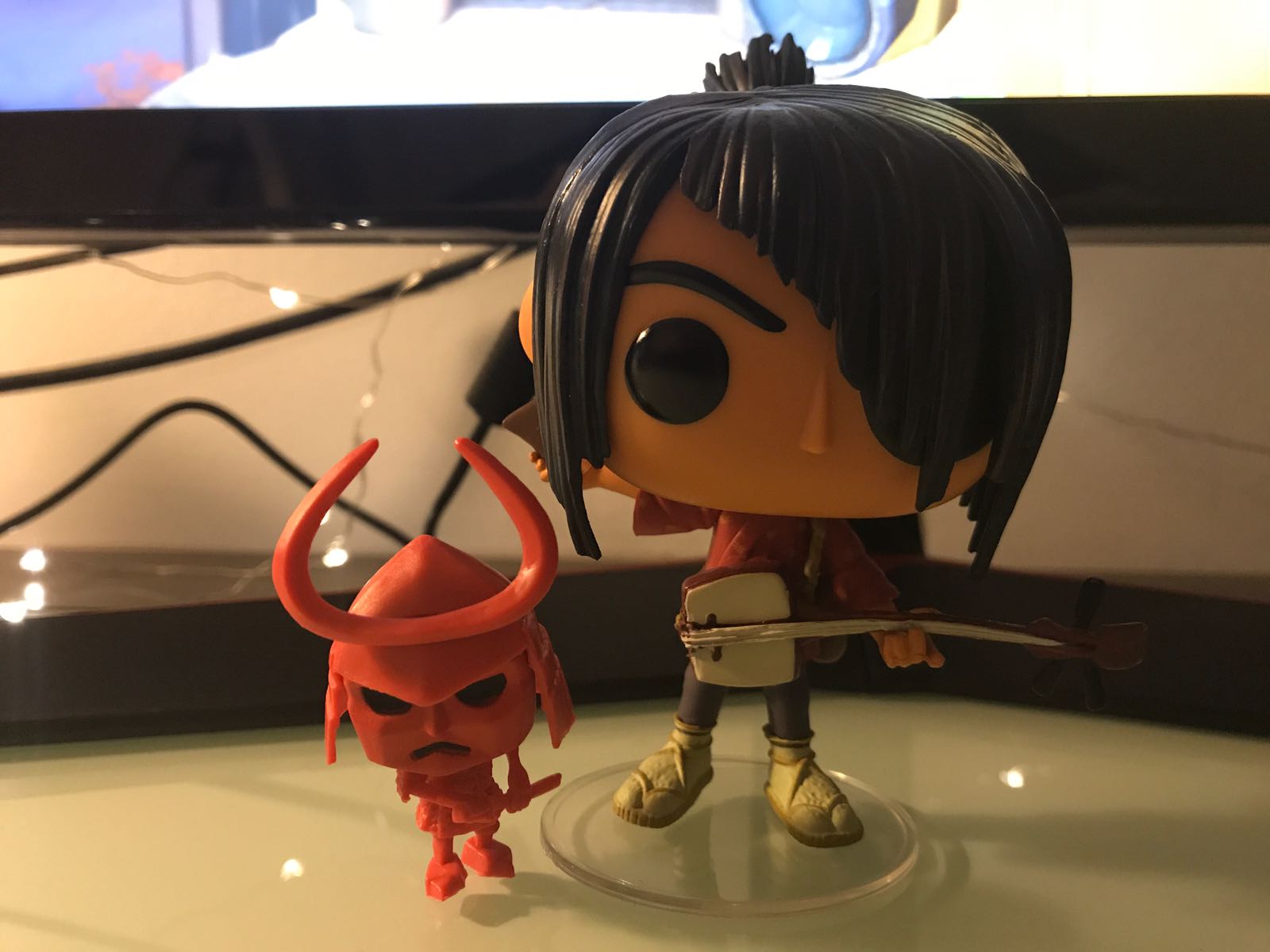
Day 3
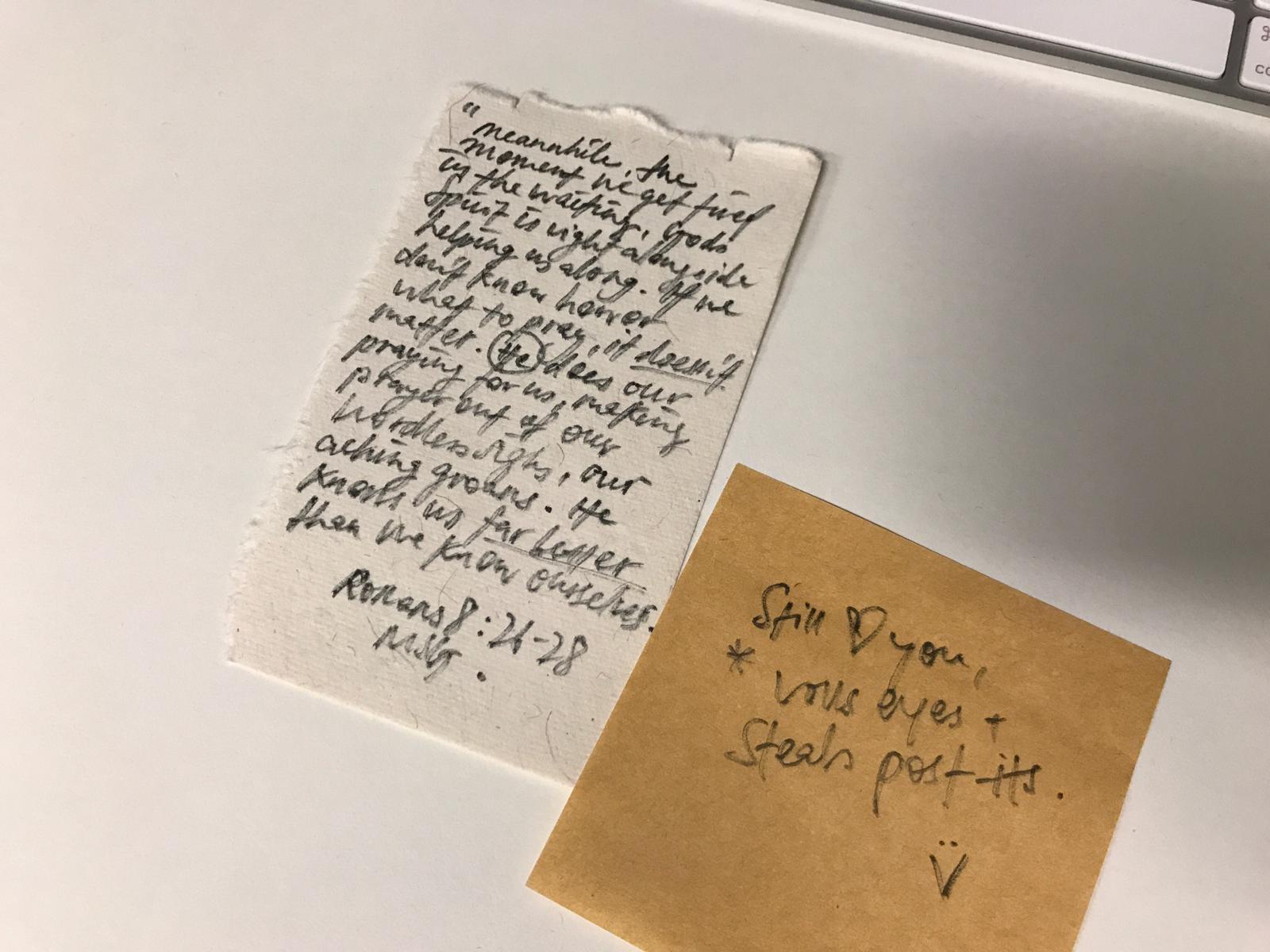
Day 4 (Screenshot of Avril Lavigne’s new music video)
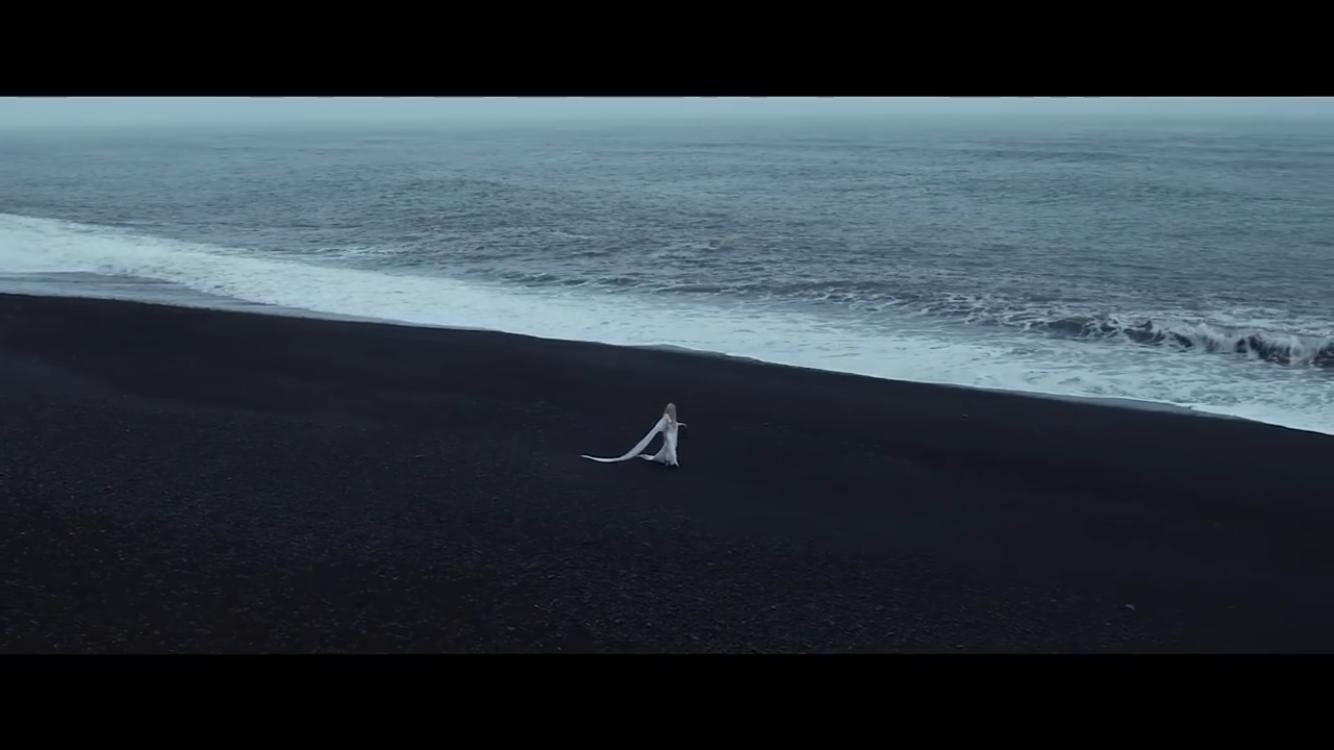
Day 5 (Art Work)
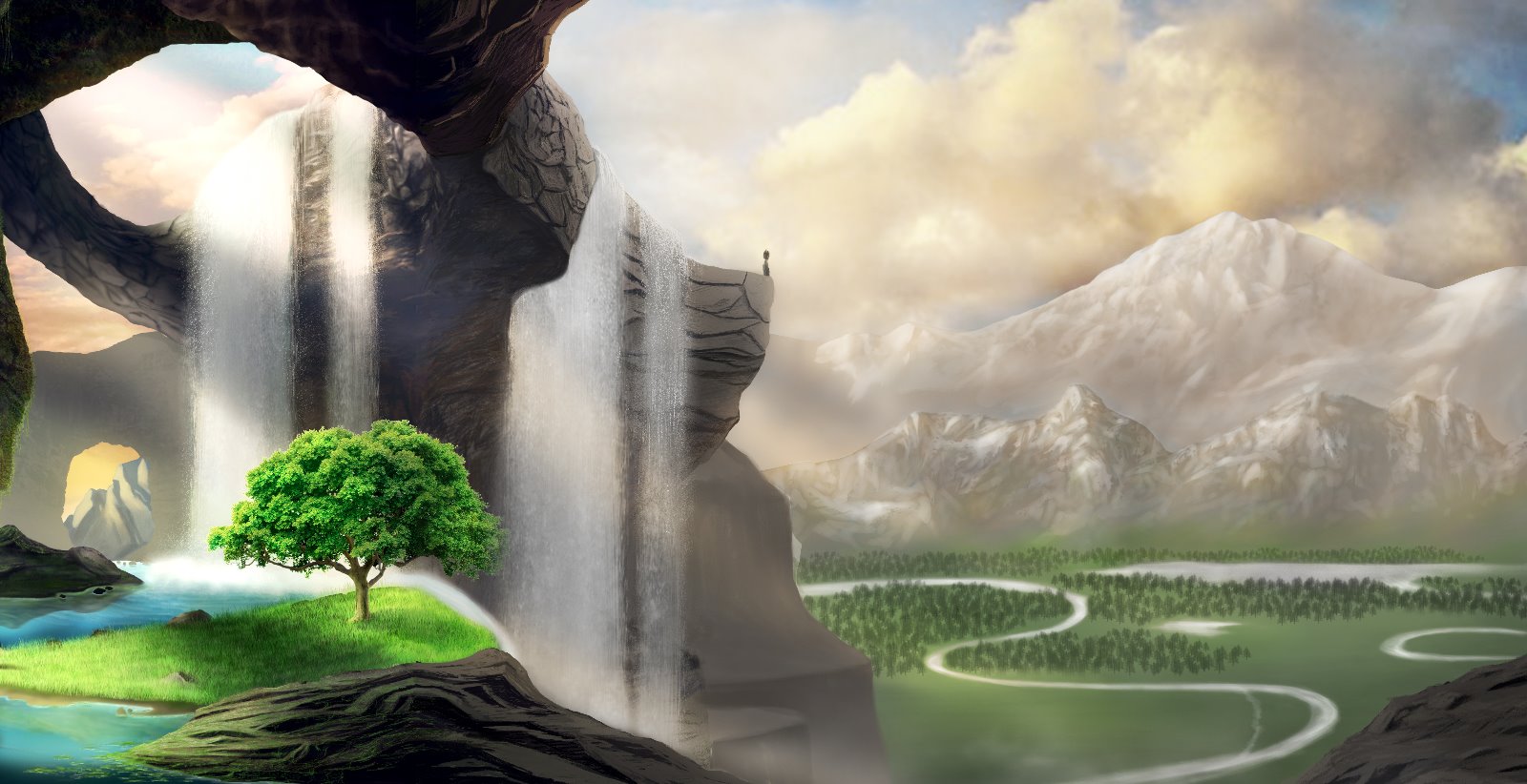
Day 6
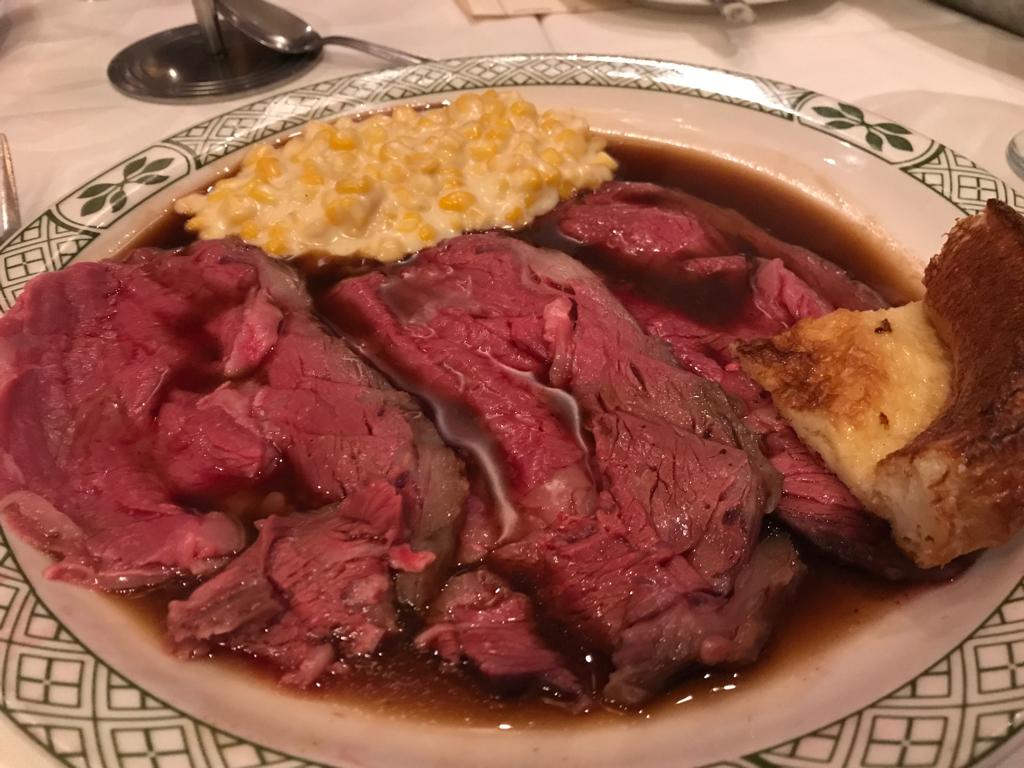
Day 7
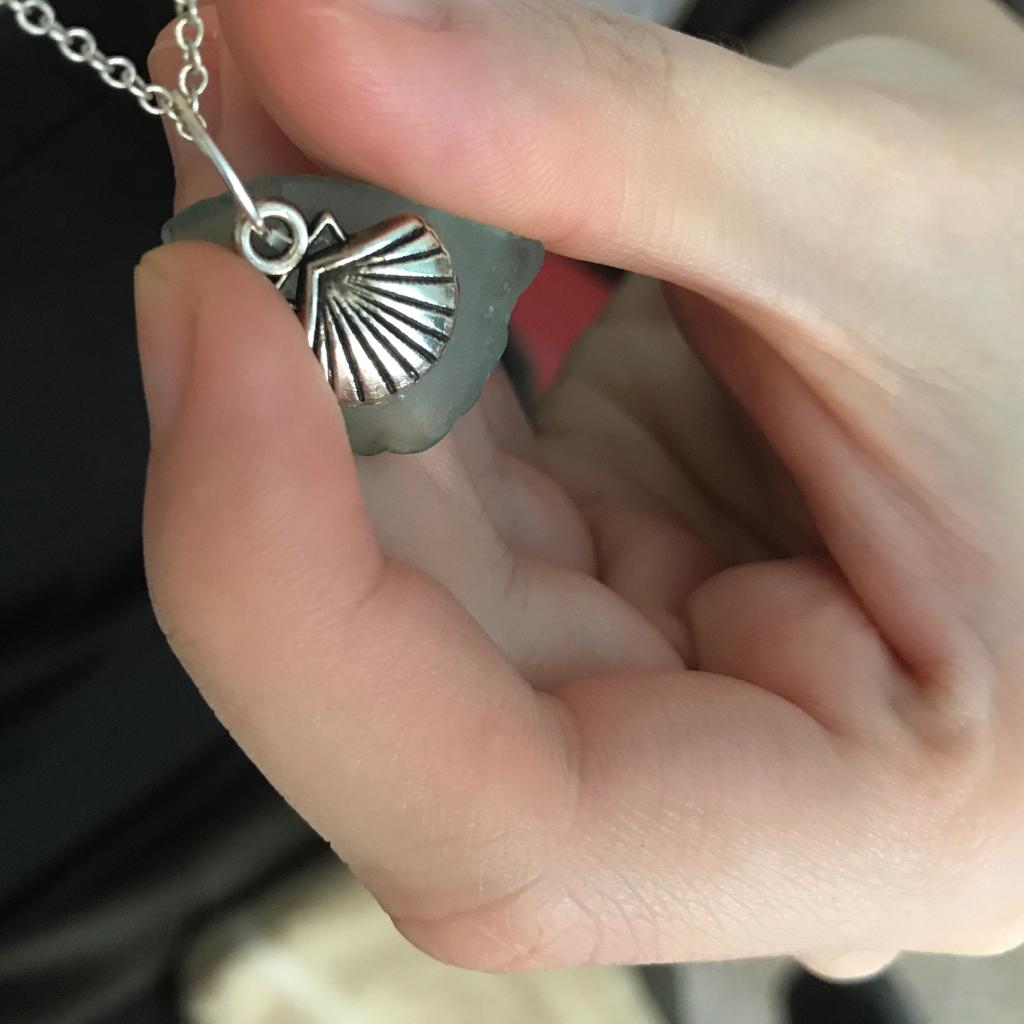
Q: Who or what inspires you to be a film producer?
– I don’t think i ever grew up wanting to be a film producer. It was a series of open doors that led me to where and what I’m doing today. It’s also something that I grew to enjoy and love.
– Seeing how my role gives me the opportunity to bring people together and connect with individuals personally, brings me joy.
Q:What is the most important skill you possess that helps you with your job?
– Practicing Grace. It’s something that I’ve learnt to be more conscious of over the years. Working with creatives can be painful because everyone wants to express their individuality, thoughts and opinions throughthe works they create. The heart and skill needs to work hand-in-hand to correct people with love and respect, otherwise people will be hurt in the process.
Q: Share some pictures of one of your film sets that you’ve worked on.
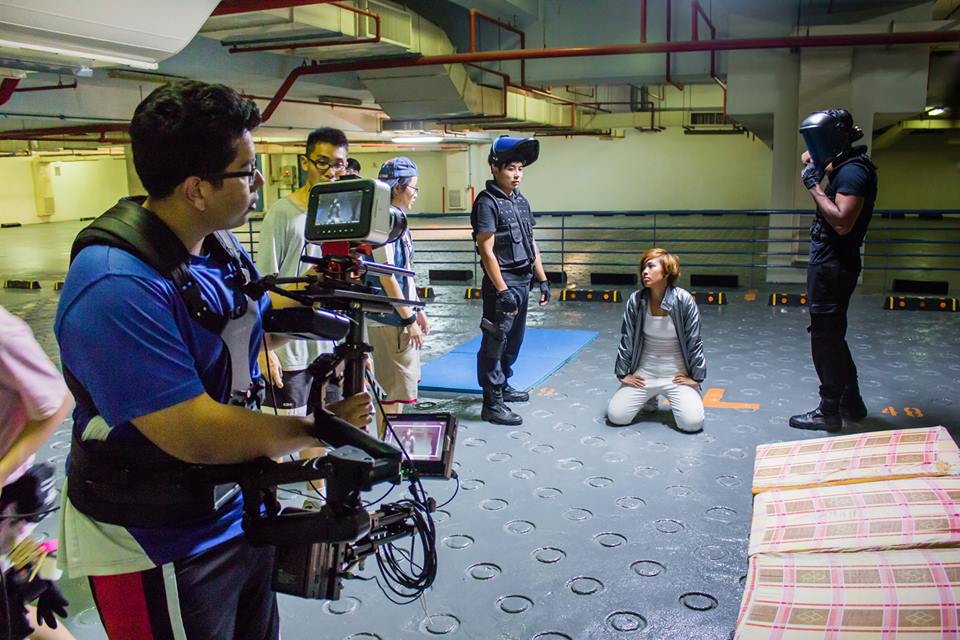
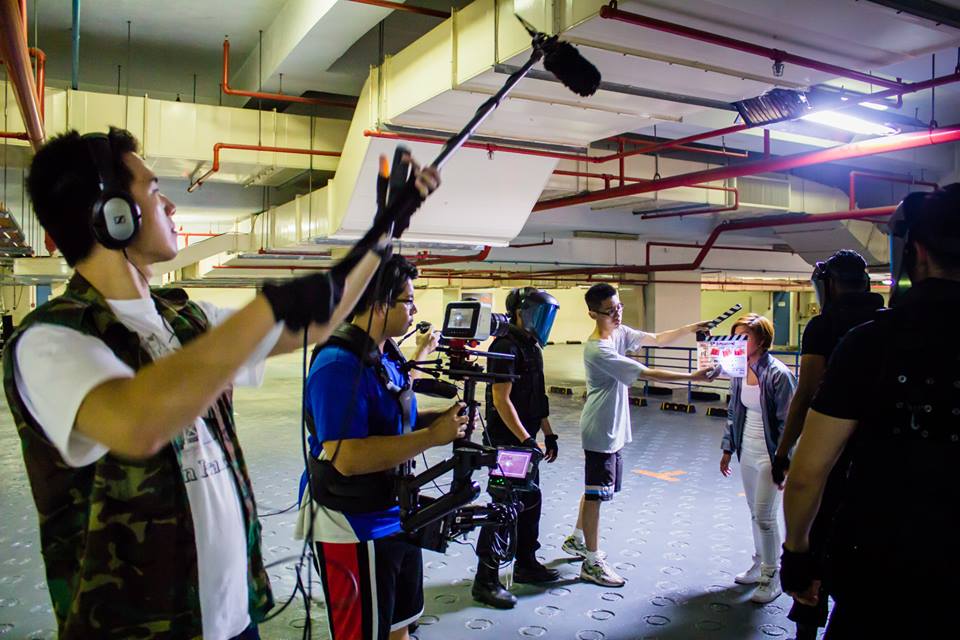

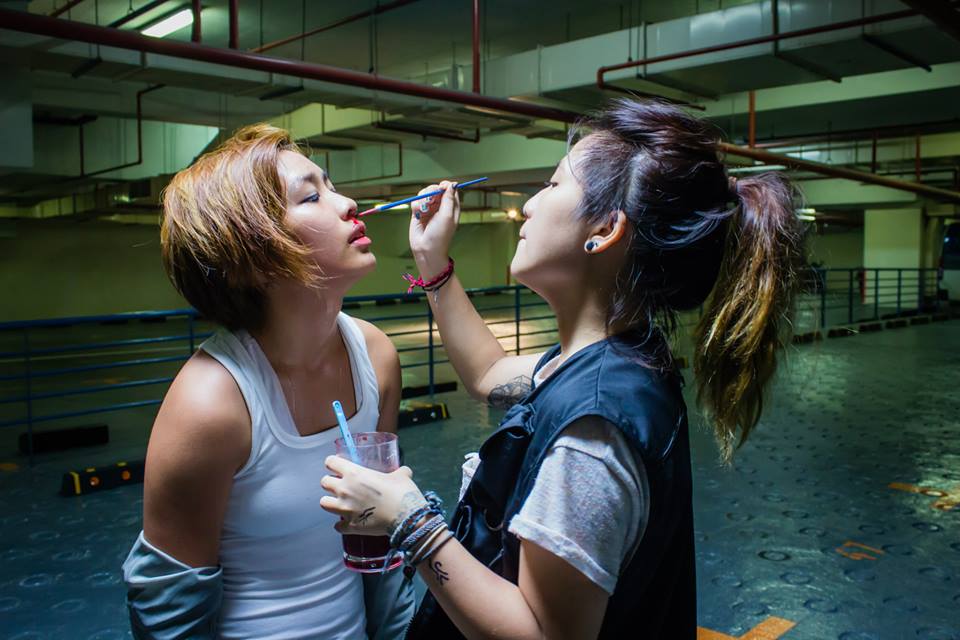
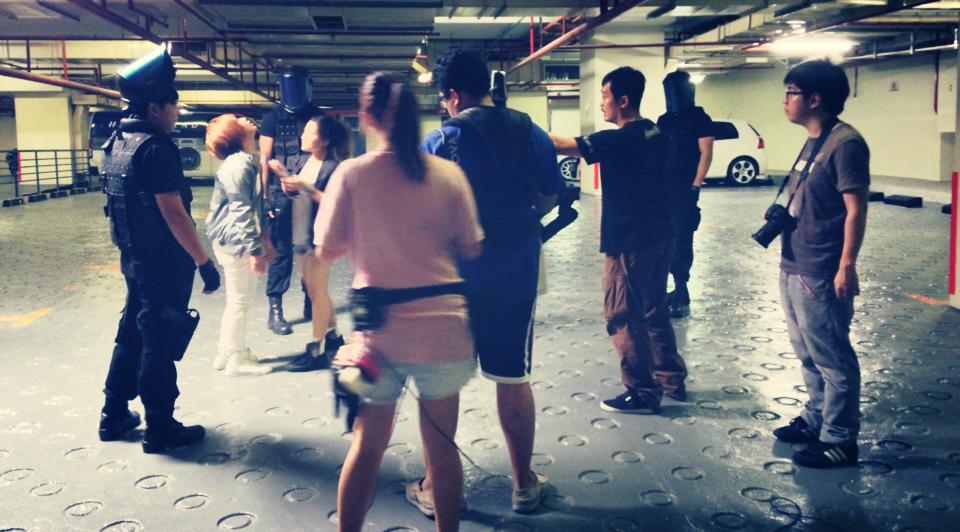
Q: What might improve your job?
– More space to push boundaries and the upper management having a greater understanding of the creative process.
Q: What hinders your job?
– Nothing that i can think of at the moment. Really happy with it.
Q: What tool might be helpful in making your job better/easier?
– A bigger desk.
Practitioner #3: PRO GAMER (Or rather, ex-pro gamer, as she used to represent Singapore in Command & Conquer world tournaments, but not anymore.)
– Take photos of your workspace & work tools
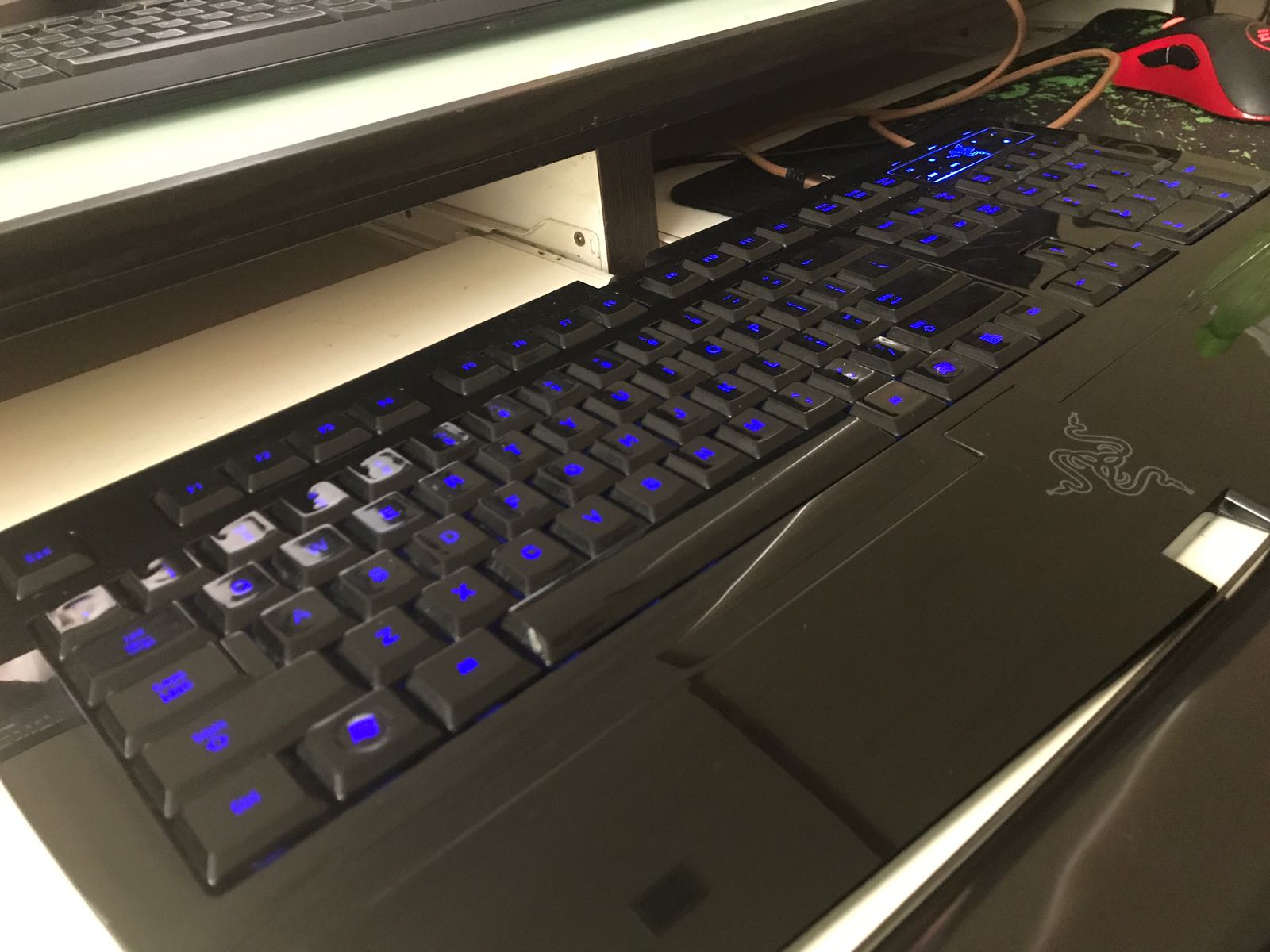
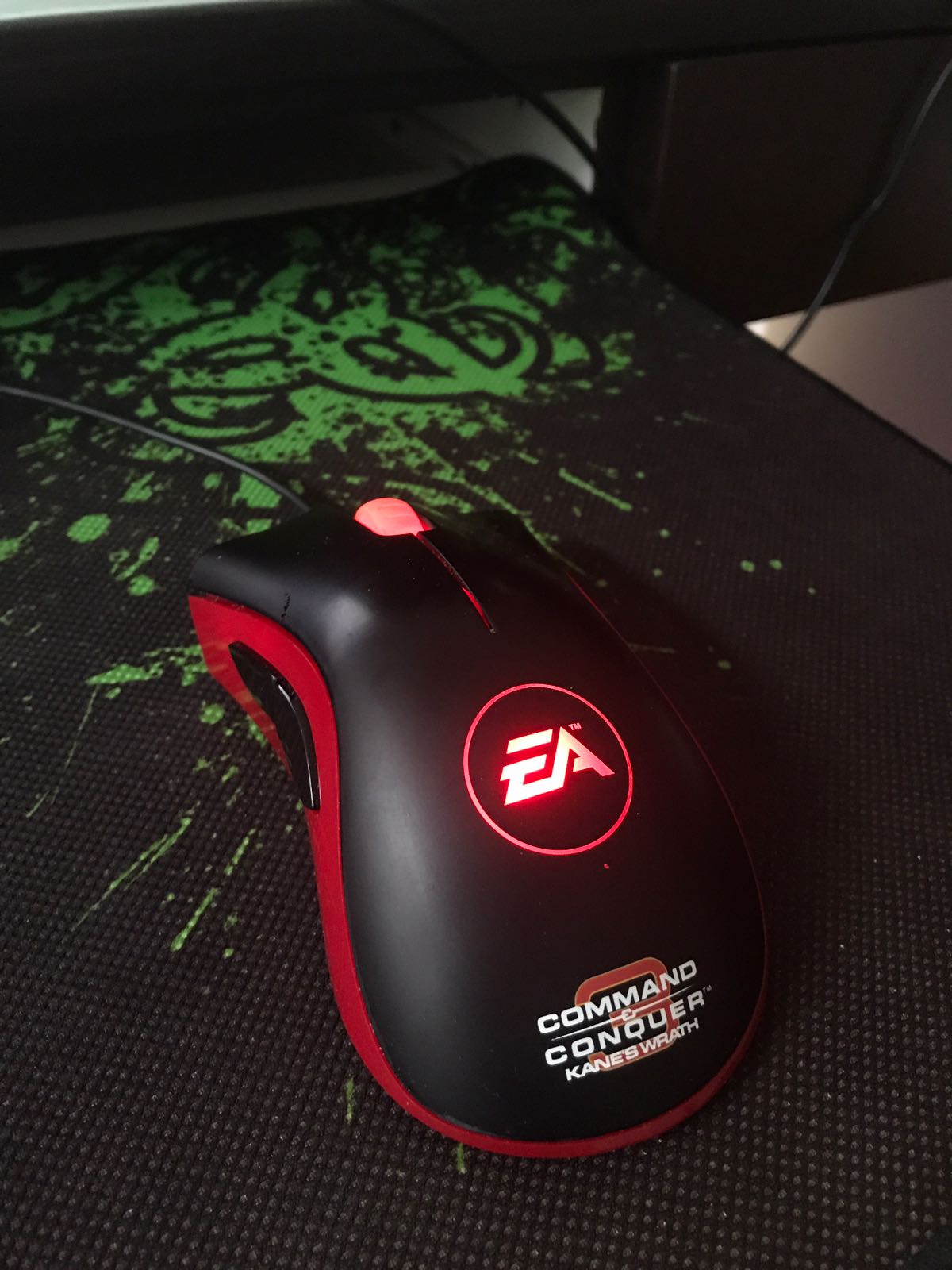
Q: How would you describe being/having been a pro gamer?
– It was nerve wrecking, intimidating almost, because no one really took female gamers seriously back then (or they would have an idea about what they should be like). And with everything you put a great deal of investment in, it’s a lot of time spent in a virtual world and away from other things that matter.
– It taught me how to hold everything with a loose hand and sportsmanship – while I always hope to win, it is not the sole purpose of why I game.
Q: How would you describe the difference between a pro gamer and a regular/casual gamer?
– The stakes are a lot lower. As a casual gamer, I enjoy playing more story-driven genres and taking my own time to build a world that I’d love to stay in and not just survive. In competitive, I’m always training myself to click faster, throw myself in all kinds of situations to formulate better response actions to counter my opponents.
Q: Do you still enjoy video games as a pro gamer?
– Yes, for sure.
Q: Why do you play video games competitively?
– For the challenge, but I rarely do it anymore.
Q: What improves your ability to game competitively?
– A lot of practice, understanding of the game and purpose as to why I would even put myself in such a position (it has to be worth my time).
Q: What hinders your ability to game competitively?
– Now: Toxic players. It was not like that in the past games I played competitively. Back then, competitive players collaborated with one another to break boundaries together and shared strategies with their opponents to get constructive feedback – So that the gaming community could move forward and learn as a family, even though they knew that they would still compete with one another in competitions or on ranking ladders.
Q: What might help you become a better pro gamer?
might help you at your job/hobby?
– Maybe a new keyboard or headset? But those are wants, not needs.
Prototype Design (For the Artist):
